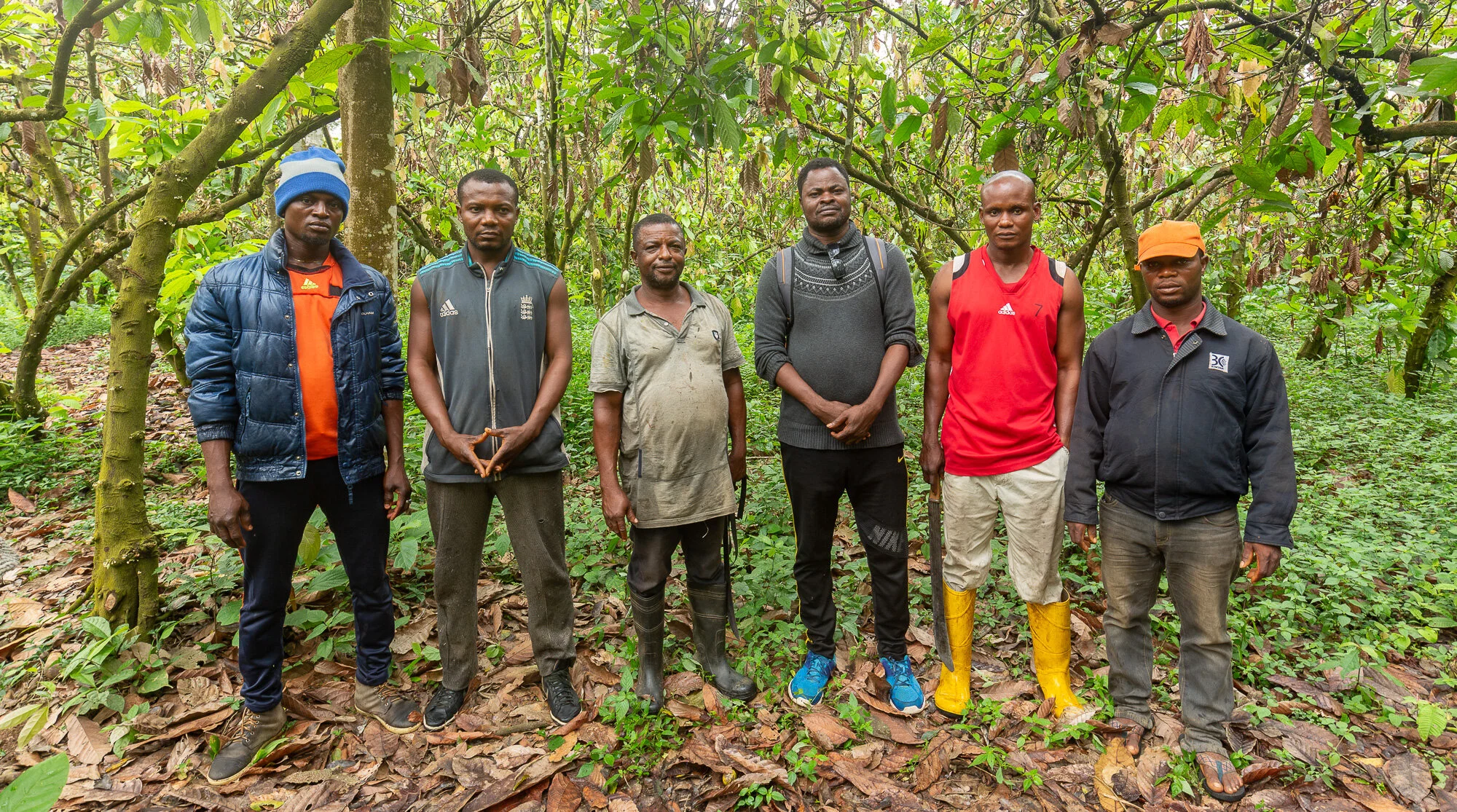The current rate of deforestation on the Nigerian - Cameroonian border has reached a level of crisis so severe that an immediate need for aggressive planting programmes in the region is required.
Our strategy is to focus on the indigenes by encouraging them to participate in replanting activities which complement the existing work being done in the area by fellow organisations.
In 2017, we purchased 2,000 hectares of savanna land on the Nigerian side of the border. Through collaborating with an indigenous host community, we have begun establishing a replanting programme to renovate the forest corridors that have been created through the expansion of farmland and areas of logging.
Though the main goal of this programme is the planting of hardwoods on farmland, another of our key initiatives is to prevent further encroachment into virgin forests by releasing cash crop seedlings to our participating farmers.
Through our project, we will demonstrate how communities can earn substantial incomes from the planting of hardwood seedlings and inter-cropping with perennial cash crops. If successful, we hope to introduce this programme in several more communities in the region.
How will it work?
We have created a nursery from which farmers can opt into planting hardwood saplings and various cash crops on their land. The produce generated from the crops will make up some of the ingredients that we will be developing and promoting through our pet products, therefore incentivising the farmers to look after their little portion of the rainforest.
Coupled with a project to erect boundary markers around the edge of existing conservation land (so farmers can be made aware of how far their farms can be expanded), we hope to aid local fauna by reconnecting areas of rainforest.
Agricultural expansion is the biggest cause of global deforestation and has left many important areas of forest isolated. By replanting these degraded areas with native hardwood saplings, grown by our troupe of farmers, these isolated forest fragments can become connected again.
This increased connectivity will serve to maintain genetically healthy populations of threatened species in the area (such as the Critically Endangered Cross River gorilla) as well as reversing the effects of deforestation.
Project Team Leader:
Jonathan Mbu






